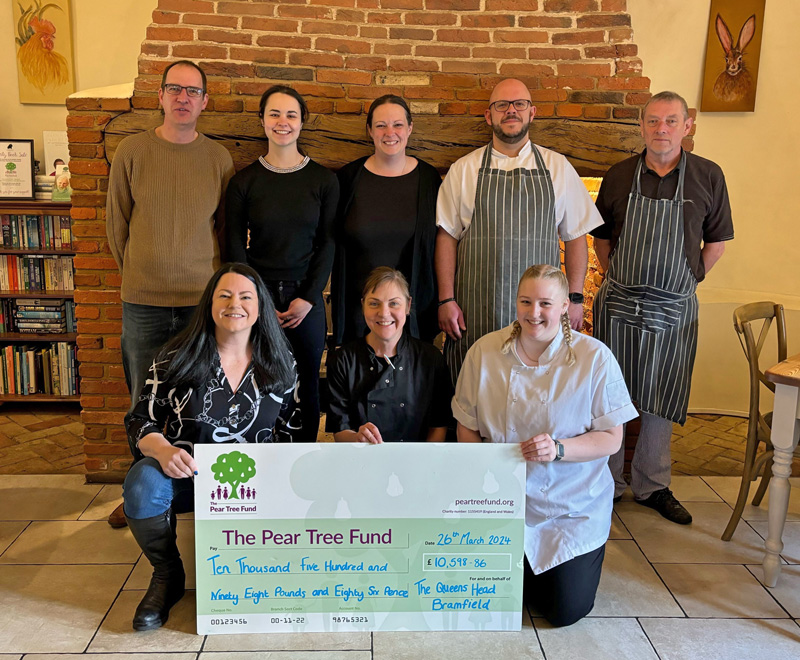Diversity conference to be held on ‘World Mental Health Day’
Date/Time:
10 October, 10am-5pm
Venue:
Norwich City Football Club, Carrow Road, Norwich
Event:
Dilemmas in Diversity conference: equality issues for mental health services.
This one-day event, organised by Norfolk and Waveney Mental Health NHS Foundation Trust to mark World Mental Health Day 2008, explores the key issues affecting Black, Minority and Ethnic (BME) minority communities around accessing mental health services.
This is the Trust’s second wellbeing event, this time focusing on debates around the key issues for black and ethnic minority communities today and how mental health services can be best developed to serve the needs of all ethnic groups. The first wellbeing event, at the Forum in 2007, focused on recovery as the theme.
The conference is aimed at all levels of health professional across the UK, including chairs and chief executives of NHS Trusts, PCTs and Strategic Health Authorities as well as managers, frontline workers, social services staff, practitioners, service users and carers.
Pat Holman, chief executive of Norfolk and Waveney Mental Health Trust said: “It is important that this conference debate is taking place on World Mental Health Day. Diversity is a topic that everyone can relate to as we live in a multi-cultural society, community services, including mental health services, must provide a service that is inclusive.
“This conference aims to bring people together to debate diversity dilemmas today, and how our services and others can be developed to best service the needs of all people.”
There has been a great focus nationally on the mental health needs of black and minority ethnic communities. Debates around how organisations should best provide services to the community have meant new policies and extra investment.
Key speakers at this event include Melba Wilson from CSIP who talks about Delivering Race Equality; Richard Maguire of the Norfolk Museums and Archaeology Service who will talk about Norfolk’s historical relationship with the slave trade.
Other speakers will be looking at issues ranging from the needs of children from travelling communities; the mental health of immigrant workers to cultural competencies of frontline staff in mental health.









